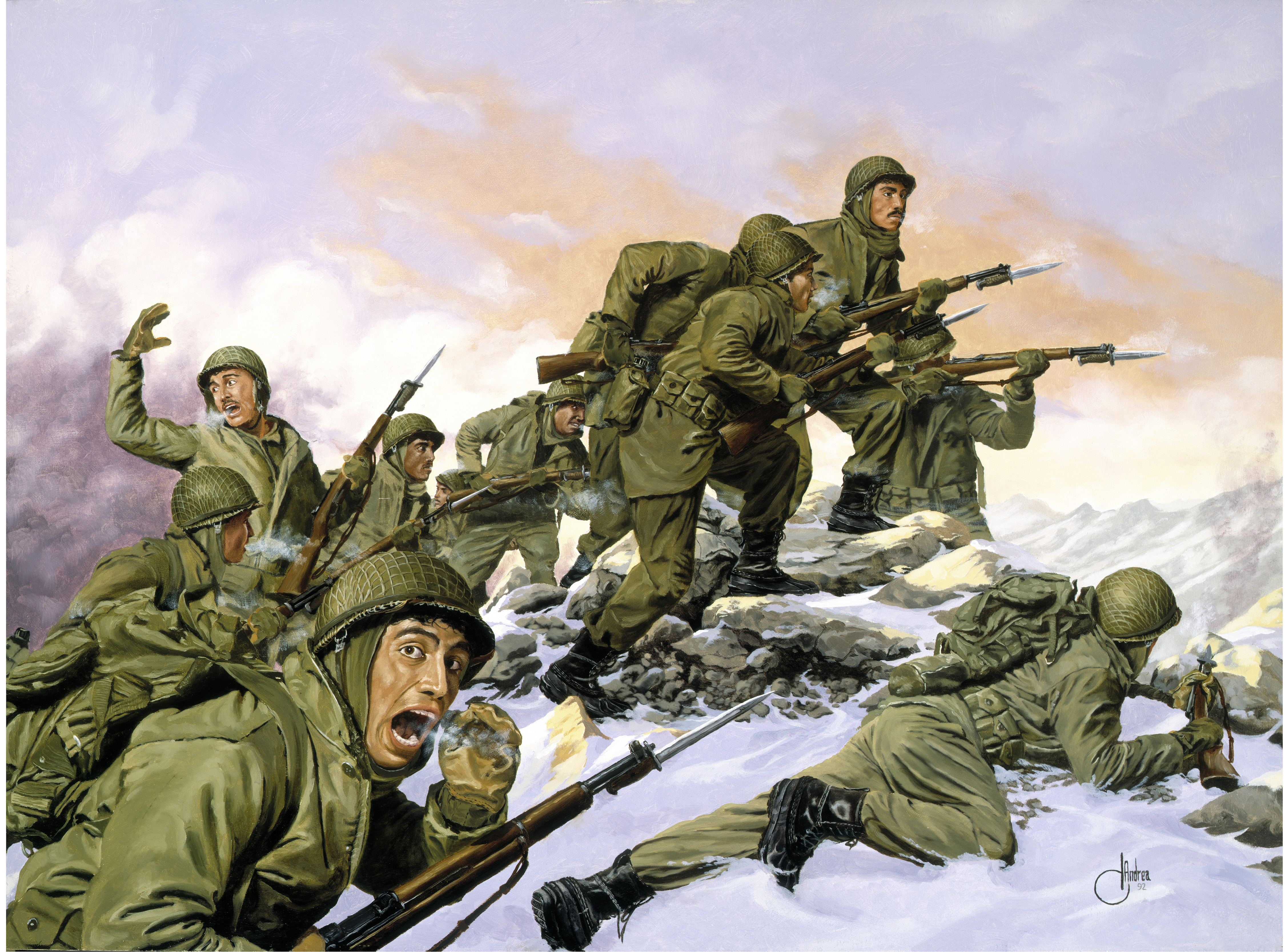
Spanish Studies, Foreign Languages, Cultures, and Literatures (FLCL), Division of Languages and Literature, and Dean of the College Present
Mystical Martyrs and Hidden Remains: Puerto Rico's Turbulent 1950s
Dr. Juan Diego Mariátegui
Wednesday, February 12, 2025
Olin Humanities, Room 102
5:30 pm – 6:30 pm EST/GMT-5
Puerto Rico emerged from the 1950s transformed. By 1952, governor Luis Muñoz Marín inaugurated the Free Associated State, a new legal status that ostensibly ended Puerto Rico’s colonial subordination as a “non-incorporated territory” of the United States. Another key development in these heady years was the Korean War (1950-1953), in which 61,000 Puerto Rican soldiers participated. This conflict was crucial because it allowed Muñoz Marín to present Puerto Rico as an exemplary defender of capitalist democracy and thereby discursively support its colonial relationship with the United States. But there is a parallel war that occurred in this period: the armed insurrection known as the Jayuya Uprising that Pedro Albizu Campos and the pro-independence Nationalist Party launched as a response to the Free Associated State. This talk centers on two opposed visions of war, a nationalist one and a neo-imperialist one. Through the speeches of governor Luis Muñoz Marín, poems by the Nationalist mystic Francisco Matos Paoli, and a short story by pro-independence author José Luis González, I explore how literary representations of these armed conflicts formed different anti-colonialist cultural and political subjectivities at a time when the island’s commitment to the U.S. was enshrined.5:30 pm – 6:30 pm EST/GMT-5
Juan Diego Mariátegui is a Visiting Assistant Professor in the Department of Modern Languages and Literatures at Lehigh University. Prior to that he received a PhD in Hispanic and Luso-Brazilian Studies from the University of Chicago as well as a B.A. in Comparative Literature and Hispanic Studies from Brown University. His teaching and research focus on modern Puerto Rican and Cuban literature, particularly the way literary representations of space explore the relationship between man and the natural world, the cultural dimensions of colonialism, and the tensions between citizenship and diaspora.
For more information, call 845-758-6822, or e-mail [email protected].
Time: 5:30 pm – 6:30 pm EST/GMT-5
Location: Olin Humanities, Room 102